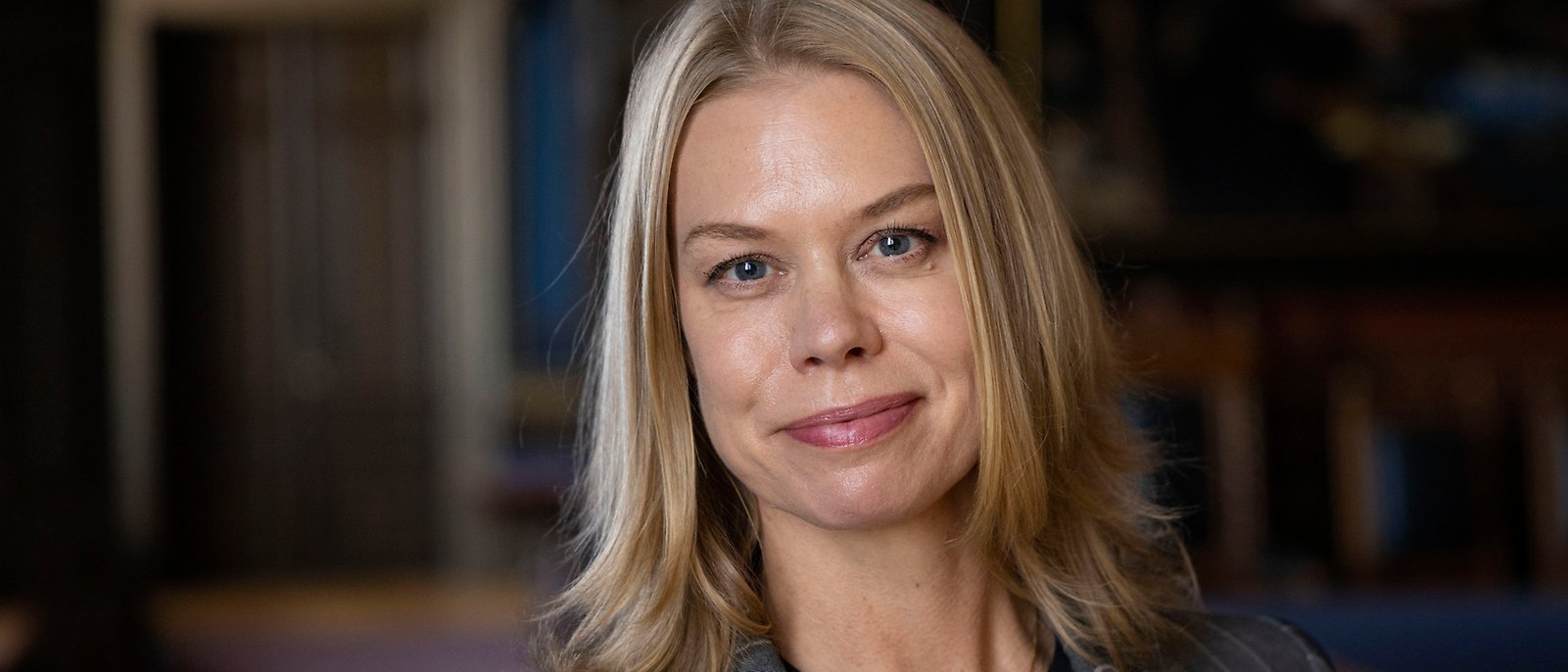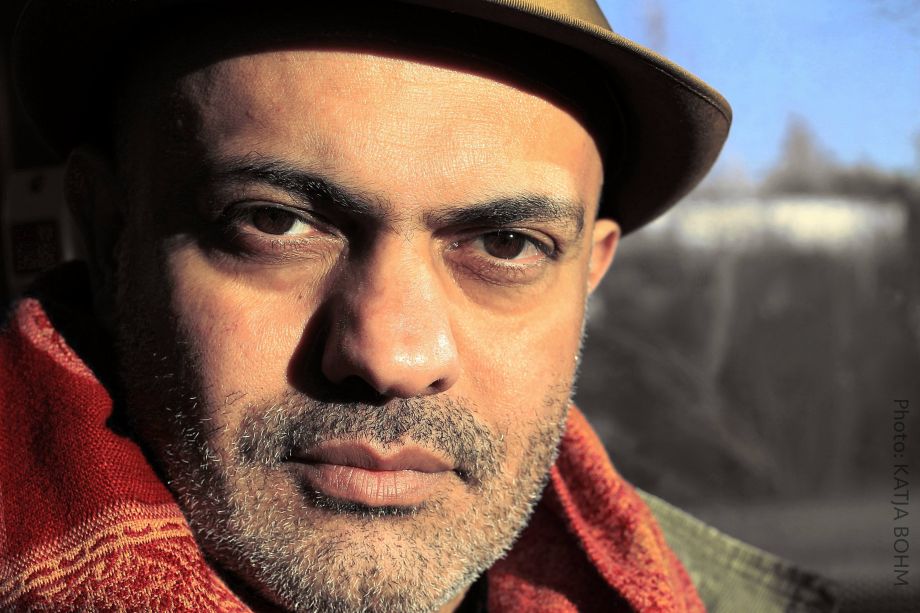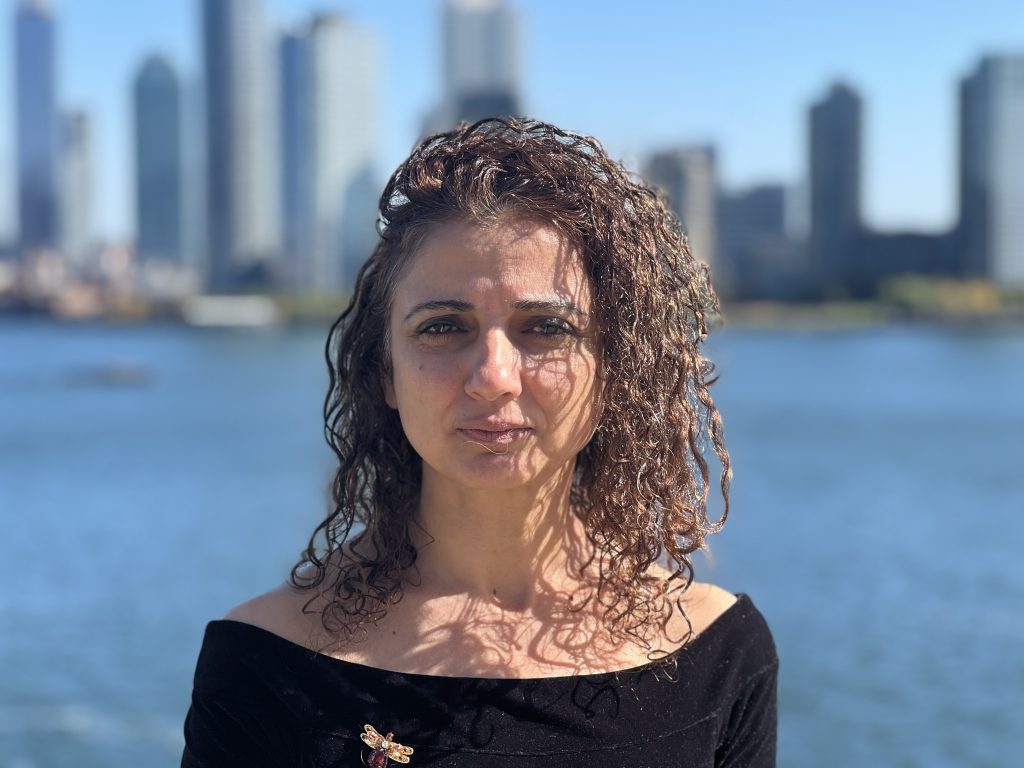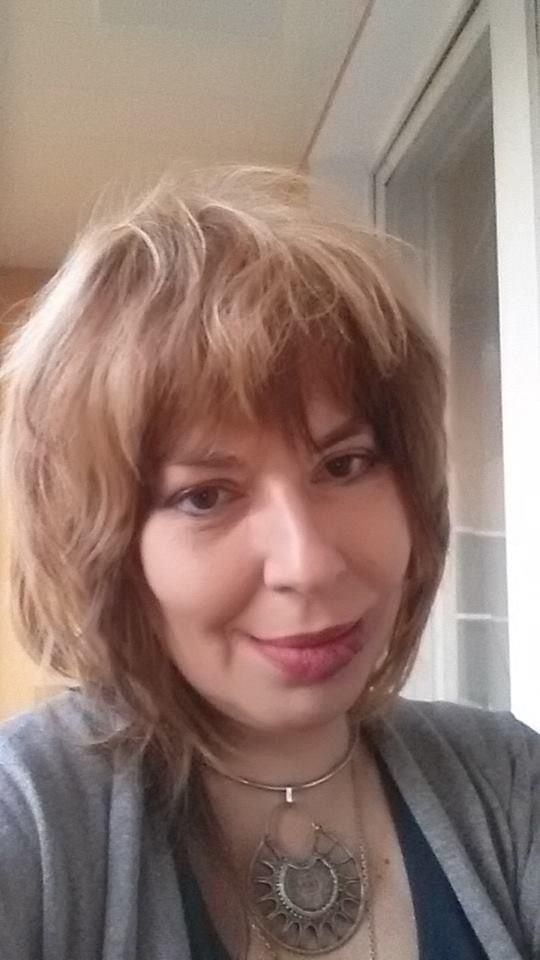Uppsala Stadsteater
Saturday March 23, 20.00
Language: English
Duration: 60 minutes
Can we speak of a global cultural dominance of the West? Where do we notice it in the literature? What consequences does it have and what other types of stories, perspectives are there?
A panel of writers from Iraq, Palestine, Armenia and Ukraine discusses under the leadership of Christina Kullberg, researcher in world literature, project leader of Democracy and Higher Education, and professor of French-language literature at Uppsala University.
Participants are:
Hassan Blasim writer, poet, essayist, film director fled Iraq 22 years ago due to threats and now lives in Finland. He has written poetry, criticism, plays, and essays.
Two of Blasim’s works, the collection of short stories Iraqi Christ and Gud99, have been translated into Swedish. Iraqi Christ has been adapted for the theater stage by Teater Galeasen in Stockholm. Blasim has won several international awards and his fiction has now been translated into over 20 different languages. These are stories that, through the grim fate of various individuals, depict an Iraqi everyday life destroyed by authoritarian rule, oppressive Islamic customs, the American invasion and sectarian fighting. These are stories about how a NORMAL existence in exile is hard to find for Arab refugees in Europe…
Ibtisam Azem, Palestinian writer and journalist active in New York as a correspondent for the Arabic newspaper Al-Araby Al-Jadeed with the task of reporting from the city and the UN. Read more about her earlier in the program.
Lyudmila Chersonska, poet and translator, is originally from Moldova but has been living in Odessa in Ukraine for a long time. In the more than five hundred days that have passed since Russia began the invasion, she has described this war in her poems. Her poetry is a spell, an attempt to charm, protect and neutralize. Some of this work has been translated into English in Today Is a Different War (Arrowsmith Press). The poems develop like a war diary. Titles in the format ”War. Day X.” is telling. This march of time suggests the relentless pace of war and evokes the presence, bravery and warmth of Cheronska’s lyrical voice. The war diary also allows an incredible variety of voices to speak on different days: children, mothers, spouses, quarreling friends, God. Khersonska is the former author of four books in Russian, which have won recognition both in Eastern and Western Europe. Last year saw the editing of her first English collection, a joint project with her husband Boris Khersonsky, entitled The Country Where Everyone’s Name Is Fear (Lost Horse Press).
Armen Ohanyan, President of PEN International in Armenia where Ohanyan also works as a fiction writer, essayist and literary translator. Read more about him earlier in the program.




